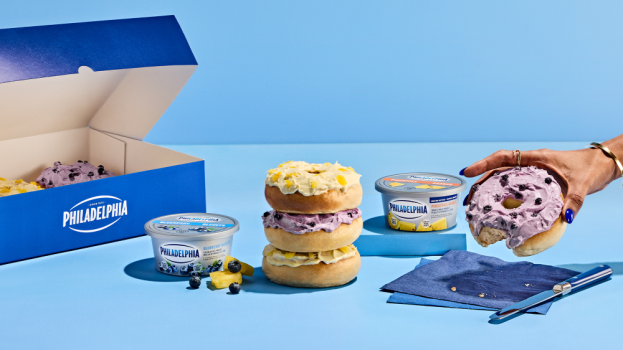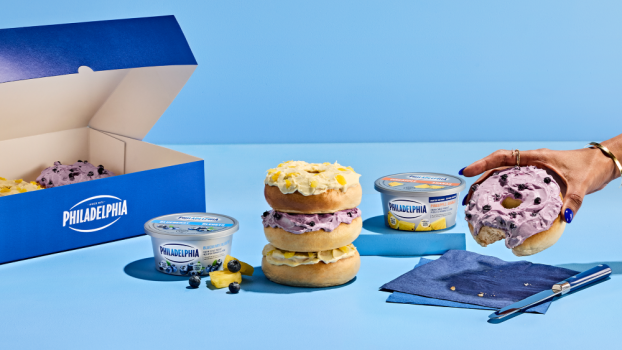Sol Cuisine is growing at a faster pace than the rest of the plant-based food category, which it attributes to, in part, its packaging.
Though still not as big as the likes of Beyond Meat, the Mississauga-based brand’s Q2 sales were up 50.4% compared the same period last year, while its gross sales in the first six months of 2021 were up 77.3%.
Ken Cross, Sol Cuisine’s CMO, tells strategy that its category “grew quite dramatically” over the last year or so, thanks to product innovation across its lineup, strong brand affinity from loyalists it has dubbed “Sol Mates,” but also its packaging.
One of the things that distinguishes the brand at point of sale is its look and its dark colour scheme: typically, there’s a certain “sameness” to private label – which is typically flat and white – or the likes of chief competitors like Gardein.
Based on feedback, Cross says it wants its consumers to be able to “eat the packaging” and that its dark packaging, while more difficult to see on occasion in freezer, does actually help its colours pop and stand out when it comes to displaying a product in an appetizing way.
“We tried to be more vibrant with ours so that ‘appetite appeal’ is maximized,” Cross explains, to give consumers a better sense of how great plant-based can taste.
A big reason that is important is that, based on brand insights, Sol has found that a lot of consumers still aren’t sure plant-based foods will taste as good as traditional meats. “We wanted to challenge that, and have food photography that was really appealing and appetizing,” he says.
The brand is reaping the benefits of consumers spending more time at home, but also a number of category competitors advertising very aggressively, which has provided a beneficial spillover effect.
According to Cross, people are taking plant-based more seriously as they opt for healthier eating choices, and he claims when compared with the likes of Impossible Burgers or Beyond Meat, Sol’s nutritional profile resonates with a lot of consumers who prefer lower calories and sodium.
The brand’s burger lineup, he says, is “doing great for us,” and to drive trial with flexitarians at Loblaw banners, it’s heroing burgers across banners during a five-week long summer promotion that began last week, ahead of the Canada Day long weekend and the peak of “grilling season.”
The program has five featured products, bolstered by paid and social support for the burgers, as well as search and influencer support and recipes.
According to Cross, in the frozen part of the store, Sol’s Extreme Griller, a meat analogue, is its number one SKU in the category. But its lineup of what people may have previously thought of as “veggie burgers” are also going to be sold at special promo prices – Sol’s lineup of Spicy Black Bean, Cauliflower, Chick Pea Sweet Potato and Mushroom & Wild Rice burgers variety in a plant-based aisle that has traded on how meat-like its products are as of late.
“In general, we have tried to work with each of our major customers in developing programs with them that are unique to that they want and fulfill different priorities,” Cross explains, and whether it’s Sobeys, Loblaw, Metro, they have different programs that access different consumers. For Loblaw, it wanted to display the broad range of its product offerings, which include three of the five top SKUs in the category.
By contrast, at Sobeys, it is doing a full line bunker program.
On June 30, the brand also announced it is expanding its distribution partnership with Metro in Ontario and Quebec, adding some of its top-performing SKUs to the grocer’s offerings.
























